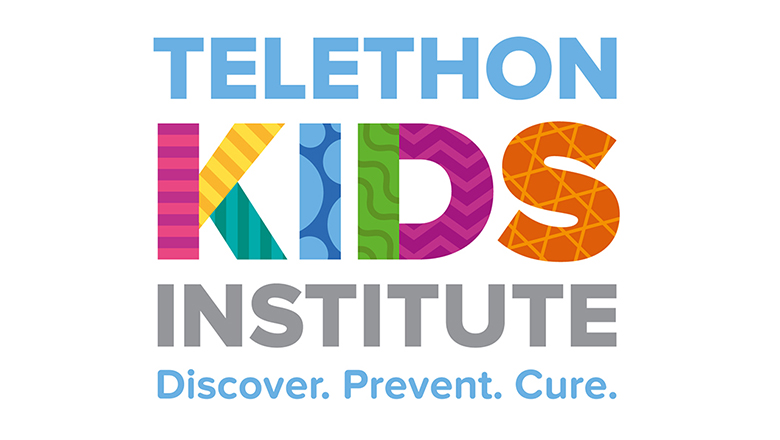Search
Showing results for "Au"

News & Events
Watch senior researcher's TEDx TalkSenior researcher Dr Alix Woolard gives a talk on post-traumatic growth at TEDx Youth @ Kings Park
Leads a motivated team to provide strategic planning and coordination of resources to meet the Institute’s grant funding goals
Research
Neural tube defects in Australia and food fortification with folic acidPromotion of periconceptional folic acid supplement use began in Australia following publication of randomised trials showing effectiveness.
Research
Effectiveness of Palivizumab in Preventing RSV Hospitalization in High Risk Children: A Real-World PerspectiveThis review supports the recommended use of palivizumab for reducing RSV-associated hospitalisation rates in premature babies born at gestational age <33 weeks.
Research
Papua New Guinea's next generation of medical researchers: Celestine Aho, Patricia Rarau and Pamela TolimanFace-to-face interviews were conducted with all three women for the purpose of profiling women who are leaders in health and medicine in Papua New Guinea (PNG).
Research
Attitudes and behaviour predict women's intention to drink alcohol during pregnancy:To explore women's alcohol consumption in pregnancy, and potential predictors of alcohol consumption in pregnancy.

News & Events
The Kids welcomes State Government commitment to researchThe Kids Research Institute Australia, has welcomed the State Government's budget commitment to innovation and medical research.

News & Events
Research reveals link between ADHD and juvenile offendingNew research from The Kids Research Institute Australia has revealed that children and youth treated for Attention Deficit Hyperactive Disorder (ADHD) are more likely

News & Events
Grant to expand innovative consumer involvement programA $3.2 million grant from Lotterywest will allow the highly successful Consumer Involvement Program to be expanded to 18 other WA organisations.
News & Events
Heath Ledger Career Development ScholarshipsFive outstanding researchers have been awarded the inaugural Heath Ledger Career Development Scholarships
